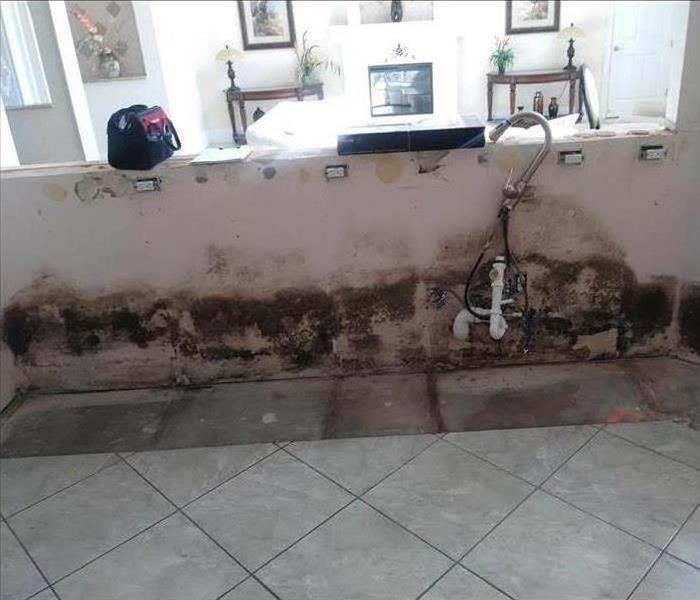Does Your Homeowner's Insurance Cover Mold? What Every Buyer Needs To Know
7/29/2022 (Permalink)
Whether you are a first-time homebuyer or looking for your forever home in St James City, FL, finding insurance with mold coverage probably isn't your top priority. However, fungus growth can damage surfaces like drywall and carpet. Mold remediation can be difficult and expensive. That’s why all buyers need to know if their homeowner's policy includes mold insurance.
What Do Insurers Cover?
Most insurers only cover mold cleanup when some other covered incident caused the mold to grow. The issue might be covered in some of the following cases:
- Water from a busted pipe soaks your floor, drywall and insulation, causing mold to grow.
- An extreme snowstorm damages your newly installed roof and the melting snow seeps into your attic and soaks the insulation.
- A new heat pump leaks suddenly and fungus growth happens before you can make a claim.
What Isn’t Covered?
Mold caused by poor maintenance of your home and appliances is not covered. What about floods? Homeowner's policies typically do not cover flood damage, including mold. If you live in an area prone to flooding, you should explore flood insurance in addition to your homeowner's policy.
Can You Find Insurance That Covers Mold?
Before you buy homeowner's insurance, ask if the policy offers mold coverage. Some policies may offer limited coverage and some insurers may add coverage for an additional fee. If your insurance agency does not offer mold insurance as part of a regular policy, you should be able to add extra coverage for a fee on top of your basic homeowner's policy.
Sometimes extra coverage for mold can be expensive, especially when your home has a history of mold damage. If your insurance company's quote is high, do your homework to see if the additional coverage is worth it. Paying for mold remediation out of pocket may be the cheaper alternative in some cases.
When black and green fungus growth threatens your home, you want to know you have options to pay for the cleanup. If your current homeowner's policy doesn't have mold coverage, you can look into additional insurance to bring you peace of mind in your new home.




 24/7 Emergency Service
24/7 Emergency Service
